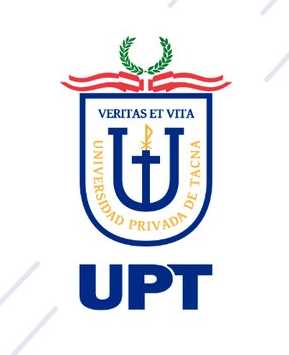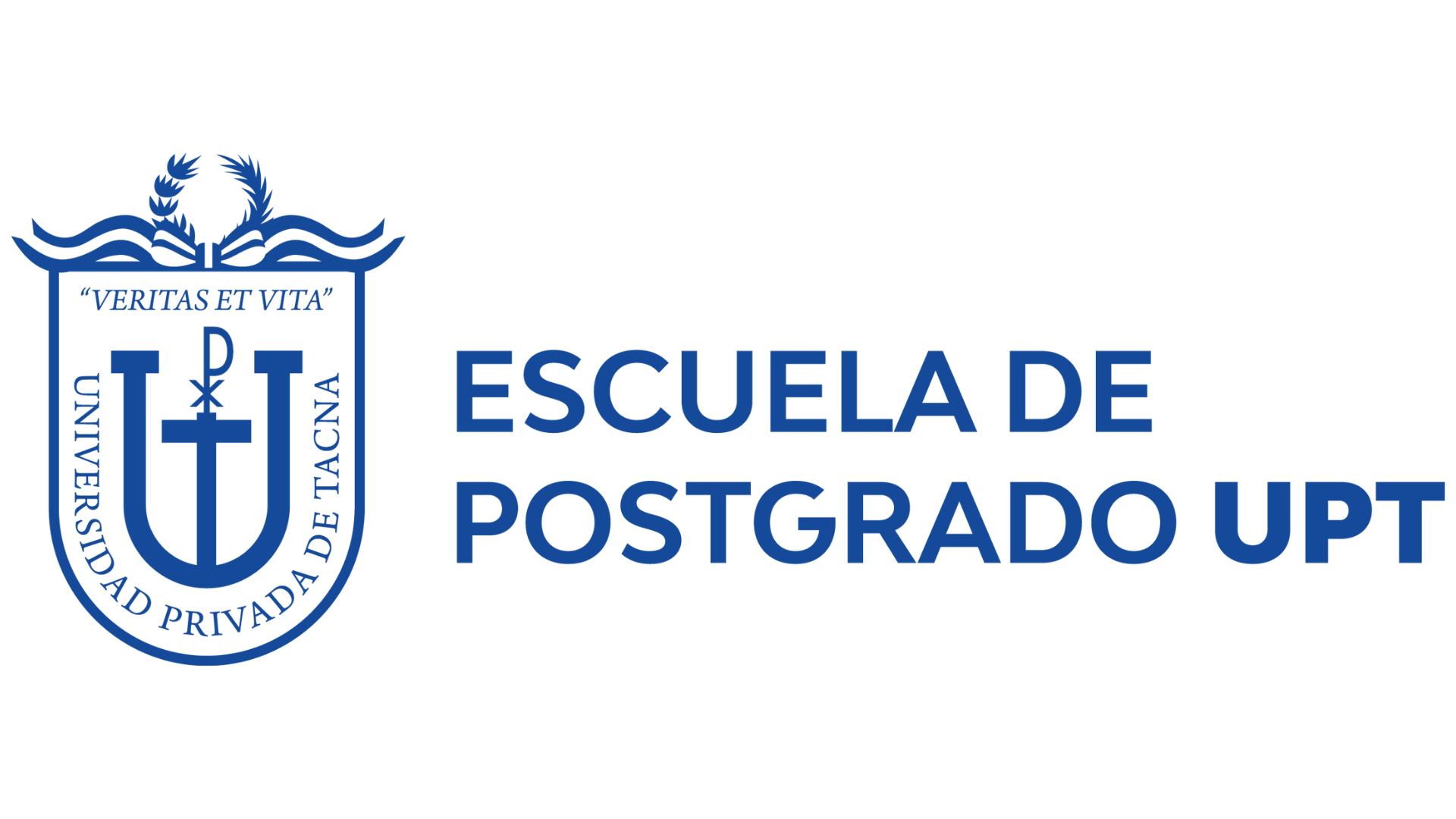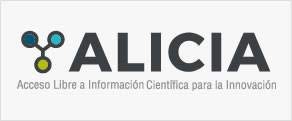Level of knowledge and attitude, in teacher training students, in regular basic education teachers and level of bonding of parents or guardians, referring to the perception of the tutorial action. Educational institutions of the city of Tacna - year 2009
DOI:
https://doi.org/10.47796/ves.v1i01.350Keywords:
Tutorial action, knowledge about tutorial, action, orientation, CounselingAbstract
Currcntly, education is recognized as a main factor in formation of people and a linker for development of nations. Tutor teachers have a trascendental importance when it comes to educational quality. Tutorial service is a par of teaching and must respond to a proposal of integral education responding lo human development dimensions.
The objective of this work is to “demonstrato an association between tutorial knowledge. perception of tutorial action students of education, teachers of regular education level and level of bonding between fathers and mothers or guardians in reference to the perception of tutorial action in educational centers in Tacna Peru 2009.
This is a descriptive causal study about knowledge and tutorial action in a simple of 118 students in the last year of education programs in two universities and two high level pedagogic institutos in Tacna, 434 teachers, 186 fathers/mothers/guardians of regular basic education institutions were also included.
Our resulta show a very deficient level about tutorial work in students and a deficient level in teachers, the attitude levet is indifferent and ncgative in both students and teachers. In both sample populations. The attitude level is not associated to the levet of knowledge. A regular level is evidenced in both teachers and students about their perceptions, the level is low in linking of mothers/fathers and guardians.
We recommend to remodel study plano in institutions that have education programs as well as reorient implementations and training programs in charge of authorities of the education ministry. Tutorial mission masa be taken in account in the role of teachers in each institution. It is necessary to create also strategies that correspond to reality of fathers and mothers in order to get them involved effectively in tutorial work













